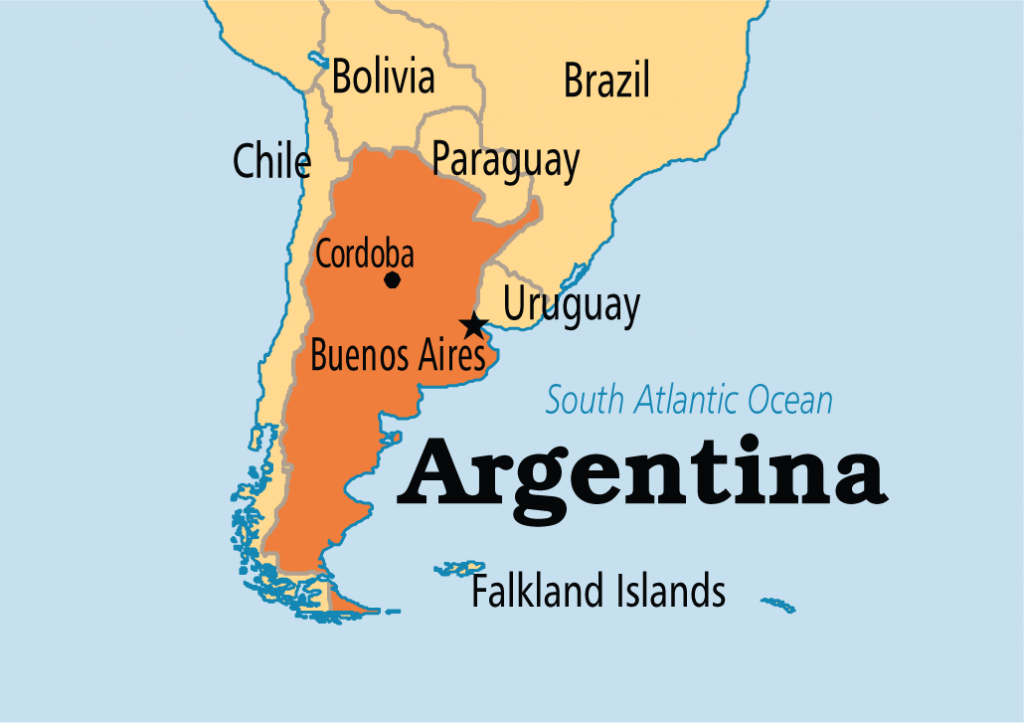By Akanimo Sampson
The previous Saturday, the International Organisation for Migration (IOM) organised Baseball without Borders to celebrate integration at Argentina’s National Baseball Stadium in Ezeiza, Province of Buenos Aires, part of this week’s world observance of International Migrants Day on December 18.
Teams from Argentina’s communities of Cuban, Dominican, Japanese, American, Venezuelan expatriates – as well as Argentine teams, all members of the Baseball Metropolitan League Baseball Argentine Federation came together to compete.
Joining baseball fans were Roberto Valent, the United Nations Resident Coordinator for Argentina, and Gabriela Fernández, IOM Argentina Head of Office.
A global favorite – the Home Run Derby – drew representatives from all countries participating. There were food stands serving typical dishes from each region and traditional arts – such as Dominican dances, Japanese Taiko drums, Venezuelan percussion and Cuban salsa music.
Alejandro Junco, a player from the Almendares Cuban team, said, “Baseball takes me back to Havana. When I play, I travel to my university, to the streets where I grew up.”
Likewise, Carlos Castro was thankful for the diversity shown by the event and said about the Astroboys, the Venezuelan team where captains.
“I do not call it ‘a team’, but rather ‘a family’,” Castro affirmed.
Baseball came to Argentina in the 1950s, hand in hand with the arrival of Japanese migrants. While it is nowhere near as popular in Southern Cone countries as football, baseball’s draw has been growing thanks to recent migrant flows from elsewhere in Latin American, particularly those coming from Venezuela, where it is the leading sport.
The Baseball Metropolitan League includes 21 teams; a majority from Argentina’s many migrant communities. At the opening ceremony, Roberto Valent emphasized “the importance of migration as a development engine for societies, and of sports as a privileged vehicle for the integration of migrants into host societies.”
Gabriela Fernández, for her part, thanked all participating communities for their presence adding that the event “celebrates social cohesion, which is IOM´s main theme for International Migrants Day this year.”
“Recreation is fundamental for migrants since they are associated with joy, with meeting people from their same nationalities and customs, in a context of pluralism,” Fernández explained. “That is why we decided to go ahead with this event.”
The event was organized thanks to funding by the Bureau of Population, Refugees and Migration (PRM) from the United States Department of State.

